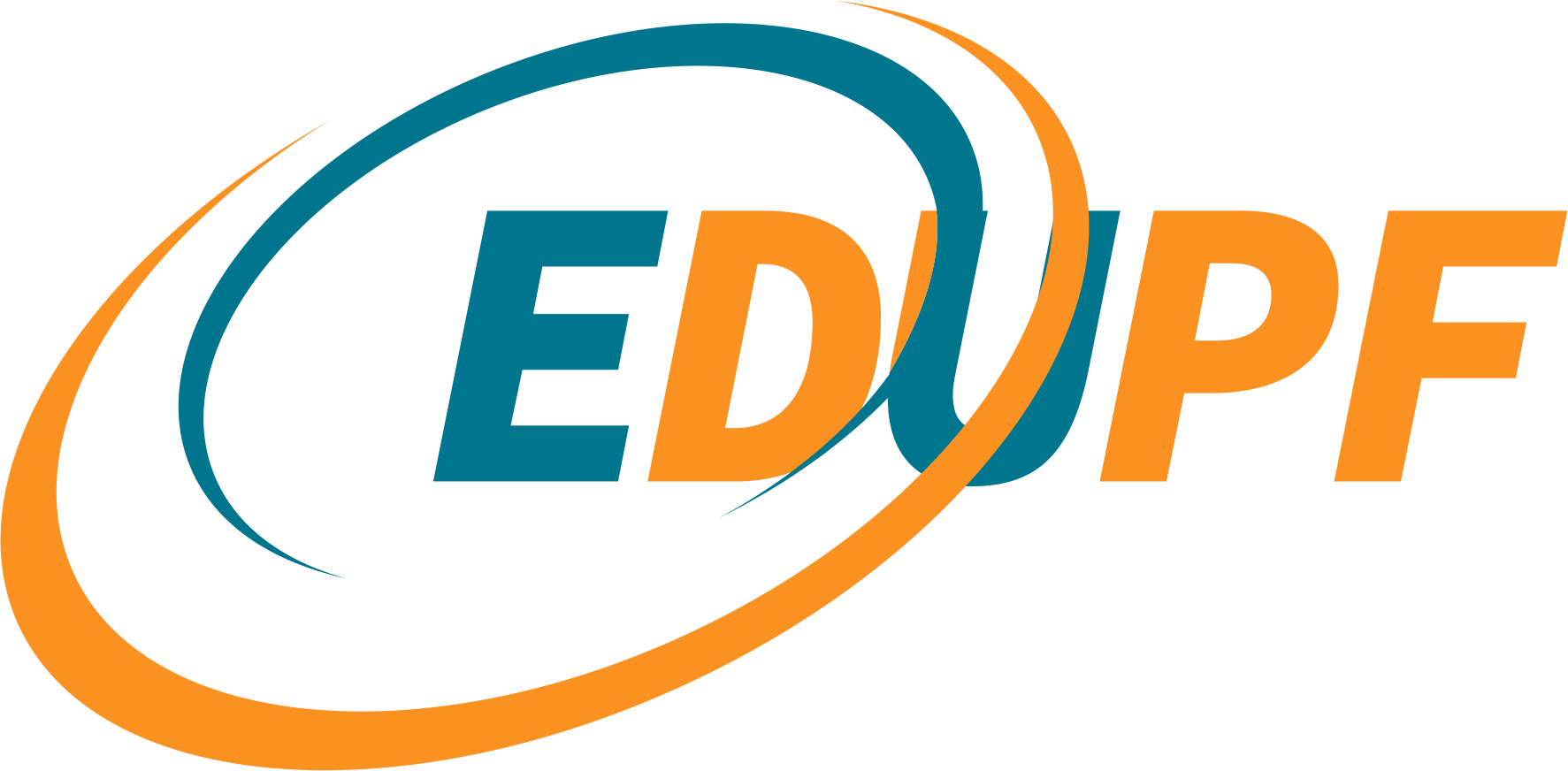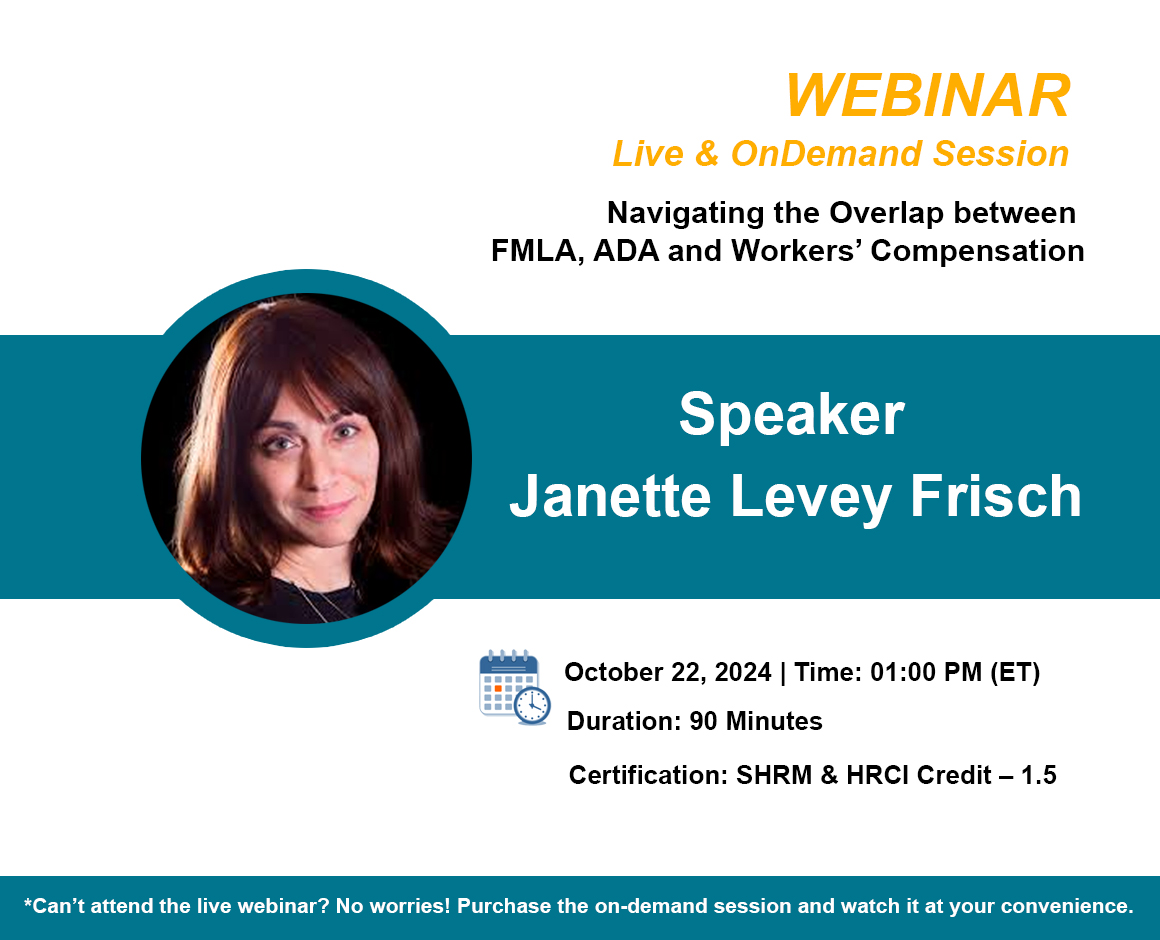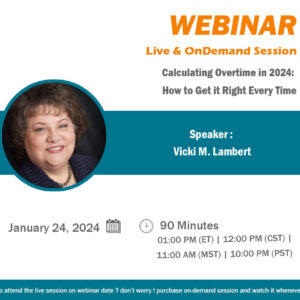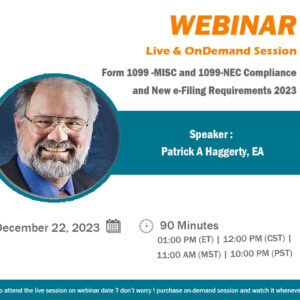Description
Few employers can say they have never had challenges with leave of absence issues. Virtually every employer in every sector of the American (and global) economy has.
The Family Medical Leave Act (FMLA) requires covered employers to allow eligible employees up to 12 weeks of unpaid job-protected leave and benefits to care for their own or a family member’s serious health condition. The Americans with Disabilities Act (ADA) and the Americans with Disabilities Act Amendments Act (ADAAA) require employers to provide reasonable accommodations to qualified employees with disabilities so that they can perform the essential functions of their jobs—and a leave of absence may very well be such a reasonable accommodation. An FMLA-eligible employee may also be protected under the ADA/ADAAA, and therefore qualify for an extended leave of absence –beyond the FMLA’s 12-week maximum.
If that’s not enough when you have employees who are eligible for time off from work under workers’ compensation laws, the potential for overlap, not to mention administrative headaches and the impact on your company’s bottom line seems to increase exponentially. But you don’t have to despair! In this webinar, we’ll help you begin to unravel this tangled web of often overlapping employee leave laws. We’ll help you alleviate concerns about administrative headaches, employee leave abuse, and negative impact to your bottom line on one end and risk of non-compliance with FMLA, ADA, and workers comp laws on the other end.
Why you should attend:
These three seemingly different bodies of law often intersect in a way that leaves many employers scratching their heads. What are the eligibility/coverage criteria under the FMLA and the ADA/ADAAA and workers comp? When might an extended leave be a reasonable accommodation? When might it be an undue hardship? Undue hardship can mean different things to different employers. If you are in health care, pharma, banking, and finance, to name a few examples, accommodations of leave requests that may be feasible for many other employers, might, for you, be an undue hardship. If it’s not deemed an undue hardship are there steps you can take to mitigate the burden(s)? What are the notice requirements?
In this webinar, we will address these and many other related points.
Areas covered include, without limitation:
- The difference between someone with a “serious health condition” under the FMLA and a “qualified individual with a disability” under the ADA/ADAAA.
- Use of medical inquiries to determine coverage under the FMLA and the ADA/ADAAA
- Notification requirements under FMLA and ADA/ADAAA
- Reinstatement requirements under FMLA and ADA/ADAAA
- Situations where the FMLA and ADA/ADAAA may overlap
- Intermittent leave requests under FMLA and the ADA/ADAAA
- Terminating an employee who has exhausted FMLA leave time without running afoul of the ADA/ADAAA
- Documentation and meeting guidelines
- Best Practices
- And more!
Who will benefit:
- Executives
- Managers and Supervisors
- Risk Managers
- Benefit Specialists
- Supervisors
- Business Owners
- General Managers
- Controllers/ CFOs / Financial Managers
- Human Resource Managers / Administration
- HIPAA Officer
- Privacy Officer
- Health Information Manager
- Healthcare Counsel/lawyer
- Office Manager




